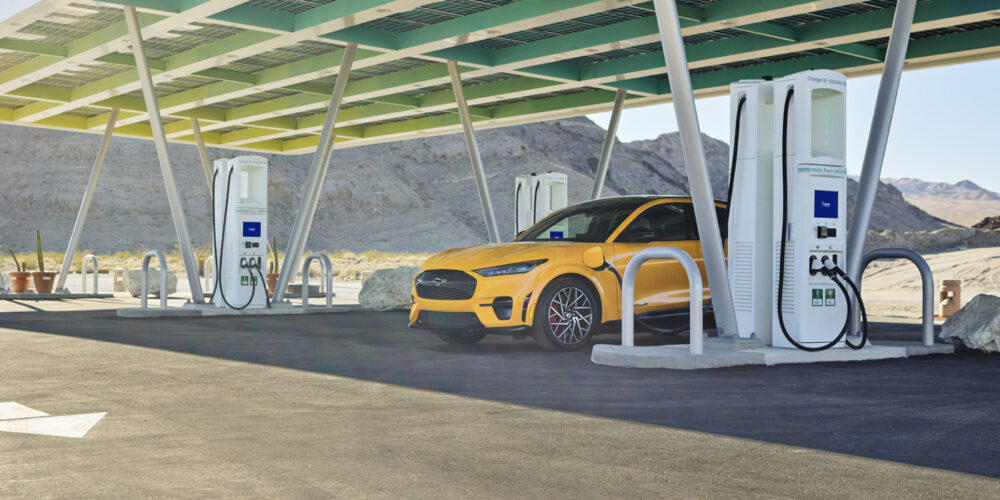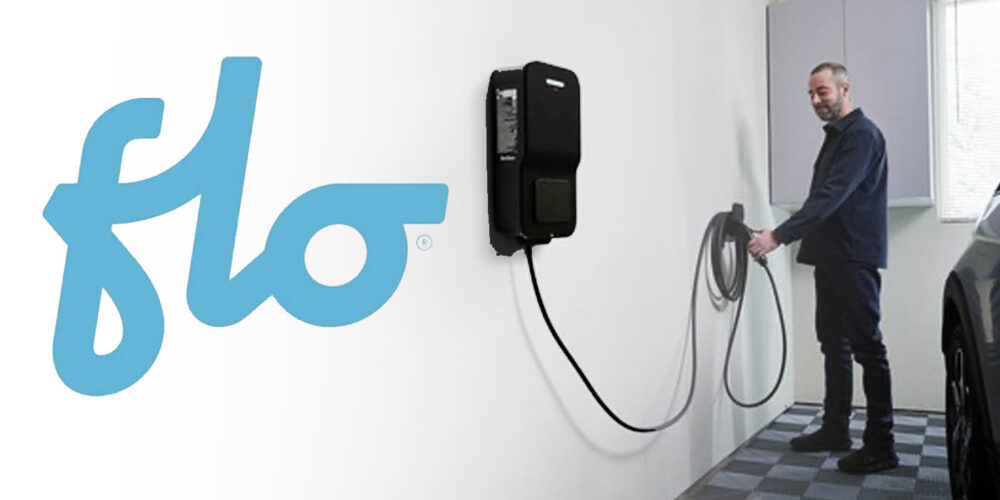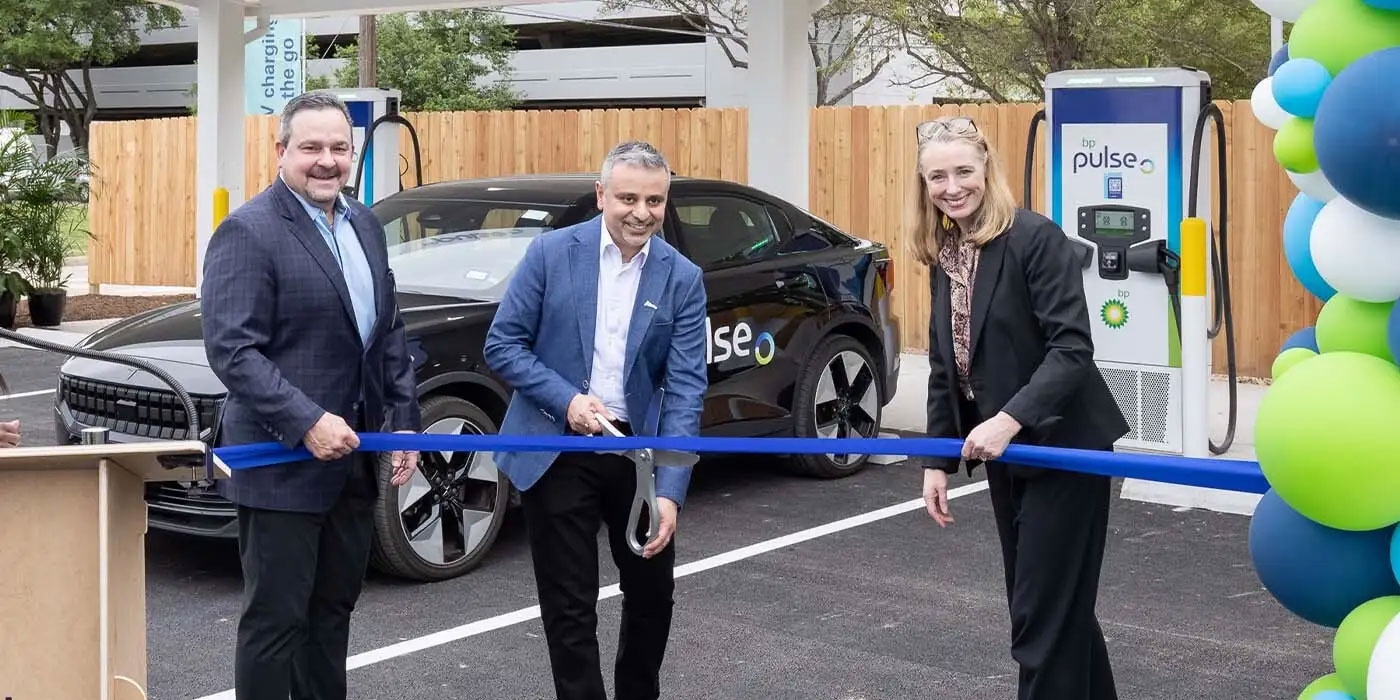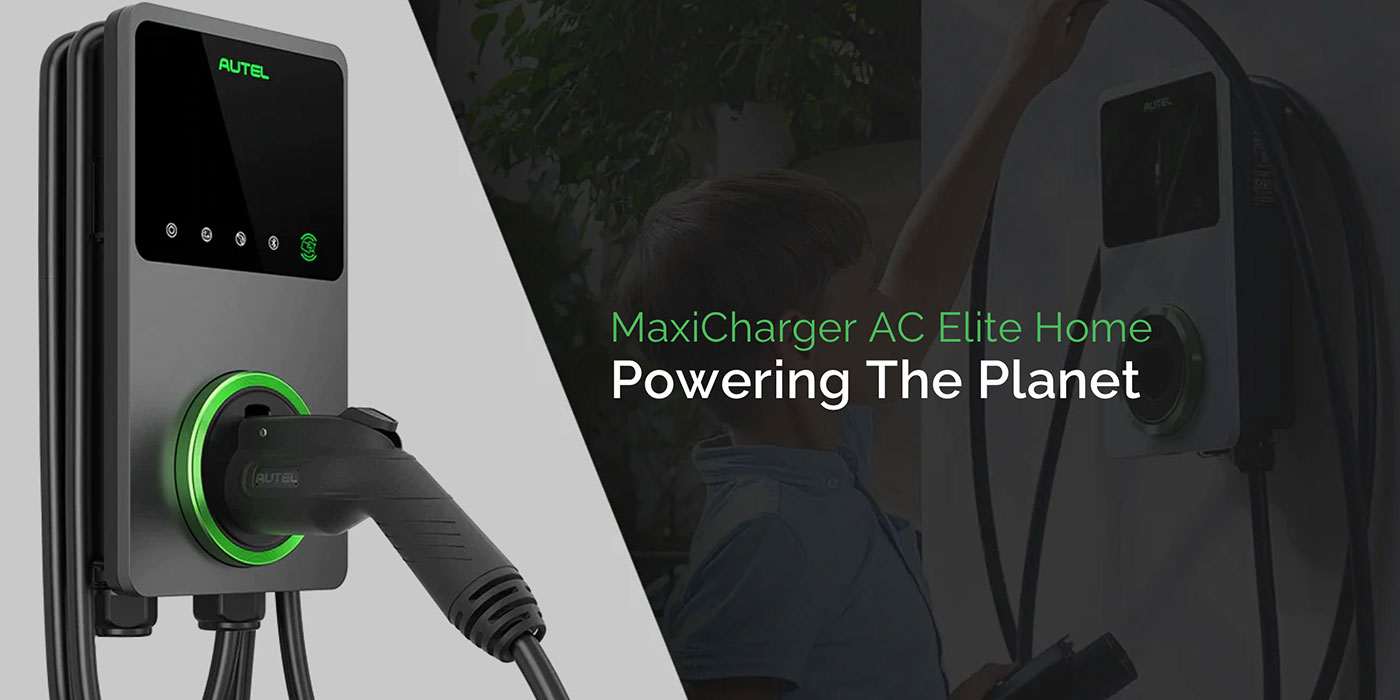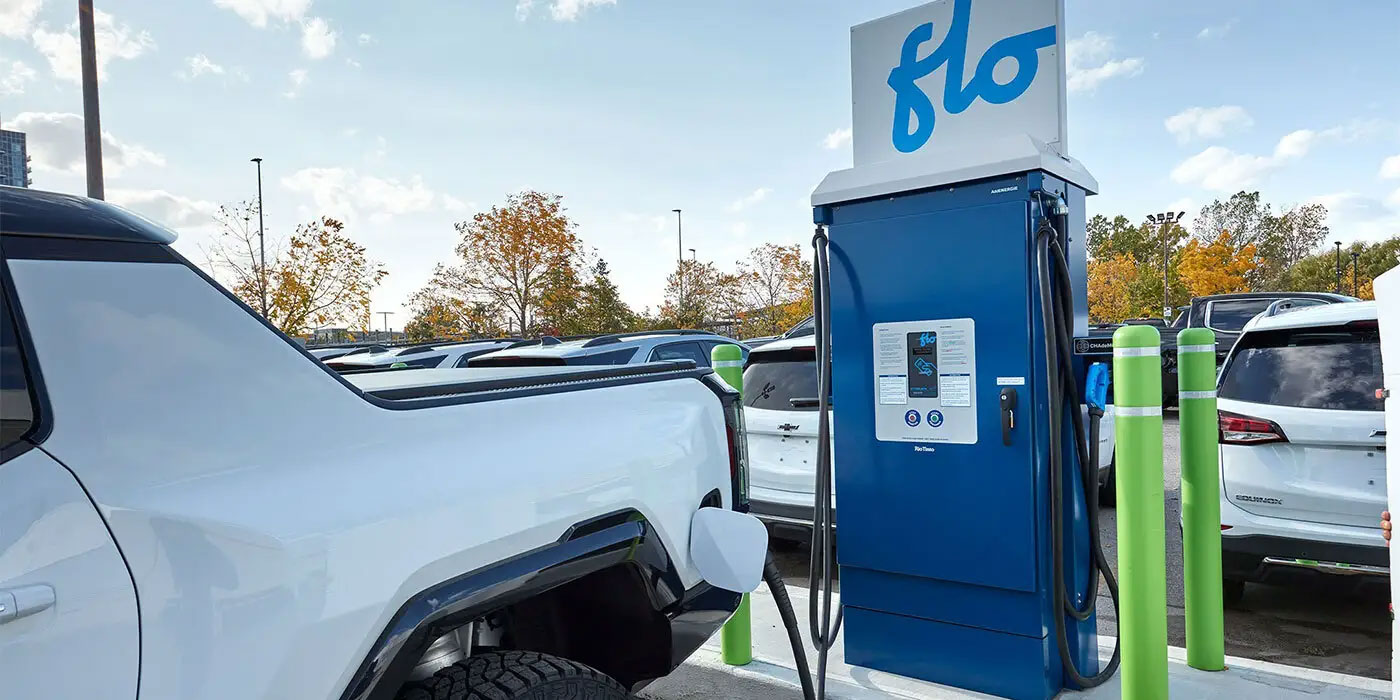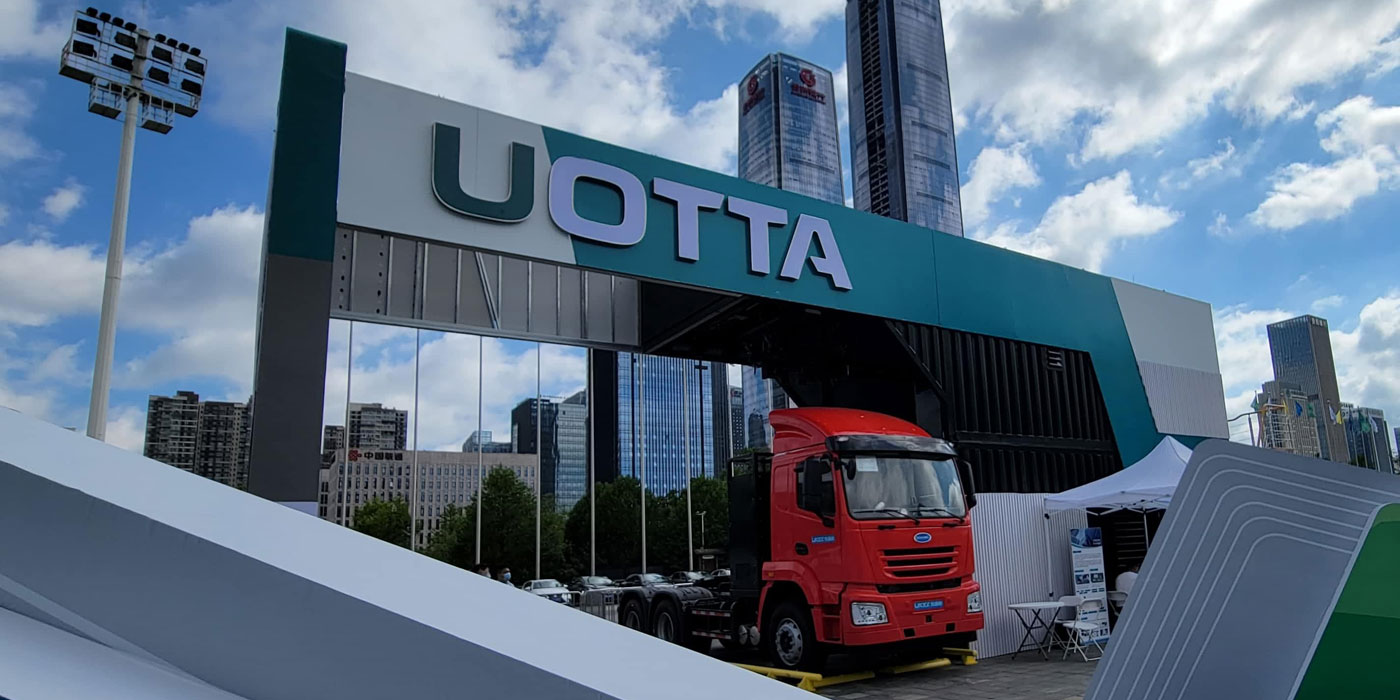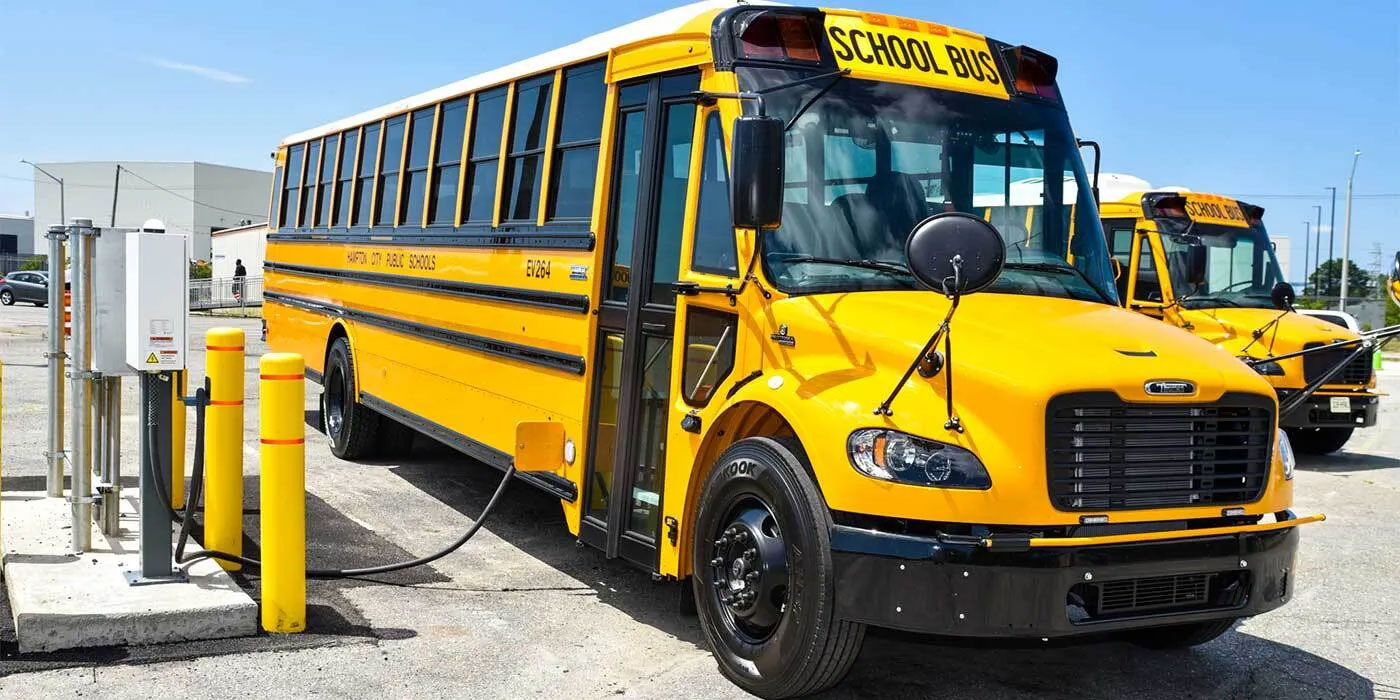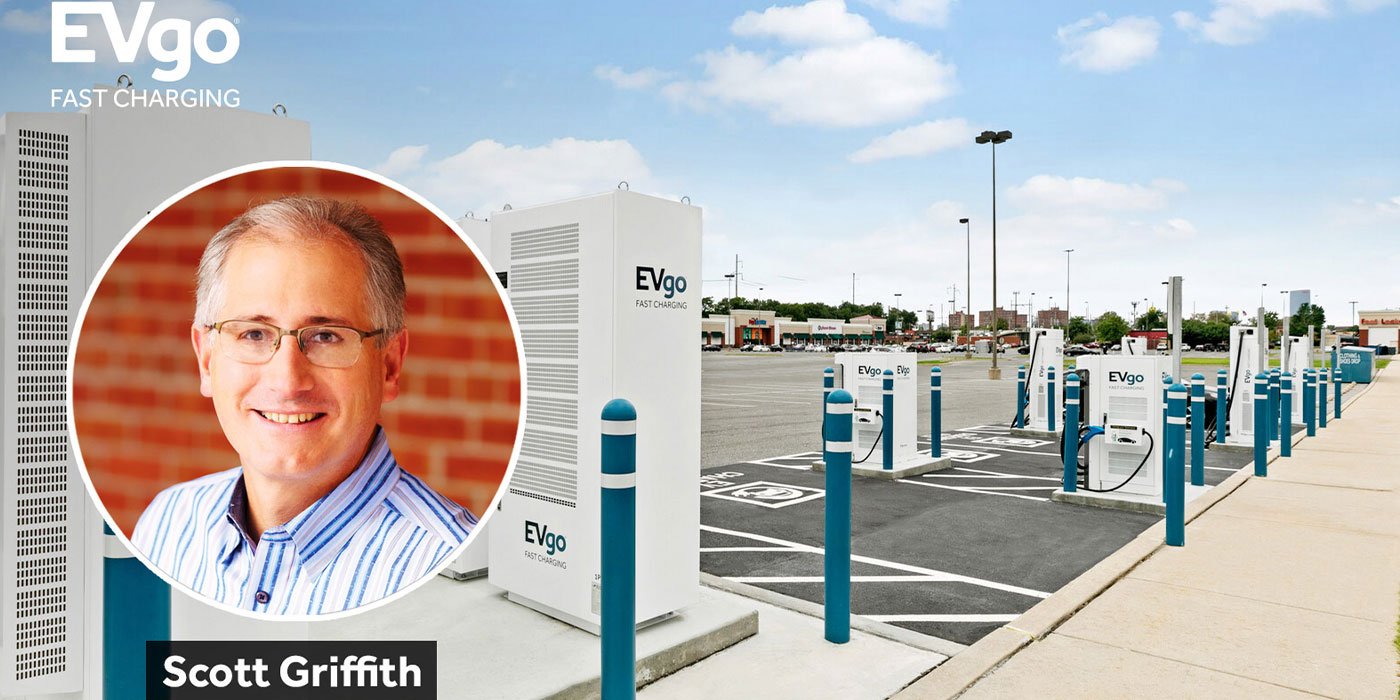As the world becomes increasingly conscious about the environment, electric vehicles are becoming more popular.
In 2022, more than 750,000 new all-electric cars were registered in the United States, which was 57% more than in 2021 and 5.6% of the total market. According to a report by the International Energy Agency, the number of electric vehicles on the road globally reached 26 million in 2022, with the United States accounting for 1.8 million of those cars.
The rise of electric vehicles has led to the development of charging stations, such as Electrify America charging stations. These charging stations are essential in providing EV owners with the necessary energy to power their cars. However, the question remains: Can the U.S. electric grid accommodate the rise of Electrify America charging stations?
Electrify America, a subsidiary of Volkswagen Group of America, owns and operates a nationwide network of EV charging stations. The charging stations are designed to provide EV owners with the necessary energy to power their cars. The charging stations are strategically located across the United States, making it easy for EV owners to access them.
State of the Grid
The U.S. electric grid is the largest in the world, and it’s responsible for providing electricity to more than 331 million people. The electric grid is made up of power plants, transmission lines and distribution networks. The electric grid is designed to provide electricity to homes, businesses and industries across the country.
However, the U.S. electric grid is facing several challenges. The electric grid is aging, and its infrastructure is outdated. This has led to frequent power outages and blackouts in some regions. Moreover, the electric grid is not equipped to handle the influx of electric cars and charging stations.
The rise of Electrify America charging stations has had a significant impact on the electric grid. The charging stations require a significant amount of energy to operate, and this has put a strain on the electric grid. The electric grid isn’t designed to handle the increased demand for electricity required to power the charging stations.
Moreover, the charging stations are concentrated in certain regions, which has led to an imbalance in the electricity demand. The regions with high concentrations of charging stations require more electricity, while other regions may not require as much electricity.
The electric grid is facing several challenges in accommodating the rise of charging stations. One of the major challenges is the need for grid modernization. The electric-grid infrastructure is outdated and not equipped to handle the increased demand for electricity required to power the charging stations.
Another challenge is the need for investment in renewable energy. Renewable-energy sources such as solar and wind power are essential in providing the necessary energy to power the charging stations. However, the United States has been slow in investing in renewable energy, and this has hindered the growth of the EV industry.
The electric grid needs to be more flexible and adaptable to accommodate the rise of charging stations. The grid needs to be able to balance the demand for electricity across different regions and adjust to the changing demand patterns.
Potential Solutions
To accommodate the rise of charging stations, the electric grid needs to undergo significant changes. One solution is to invest in grid modernization. The electric grid needs to be upgraded to handle the increased demand for electricity required to power the charging stations. This includes upgrading the transmission and distribution networks and deploying advanced technologies to monitor and control the grid.
Another solution is to increase investment in renewable energy. Renewable-energy sources such as solar and wind power are essential in providing the necessary energy to power the charging stations. Solar and wind power are clean and sustainable, making them an ideal source of energy for electric cars. Moreover, renewable energy can help reduce emissions and combat climate change. The United States needs to invest in renewable energy to reduce its reliance on fossil fuels and reduce emissions.
Moreover, the electric grid needs to be more flexible and adaptable. This can be achieved by deploying advanced technologies such as smart grids and energy-storage systems. These technologies can help balance the demand for electricity across different regions and adjust to the changing demand patterns.
The future of the U.S. electric grid and Electrify America charging stations is bright. The EV industry is expected to continue to grow, and this will lead to an increased demand for charging stations. Moreover, the United States is expected to increase investment in renewable energy, which will supply the necessary energy to power electric vehicles and charging stations.
However, the U.S. electric grid needs to undergo significant changes to accommodate the rise of charging stations. The electric grid needs to be upgraded to handle the increased demand for electricity required to power the charging stations. The United States needs to increase investment in renewable energy to reduce its reliance on fossil fuels and reduce emissions. Investing in renewable energy is vital for the growth of the electric car industry. By investing in renewable energy, we can reduce our reliance on fossil fuels and combat climate change.
The rise of Electrify America charging stations and the electric car industry is an essential step in reducing emissions and combating climate change. However, the U.S. electric grid needs to undergo significant changes to accommodate the rise of charging stations. The electric grid needs to be upgraded to handle the increased demand for electricity required to power the charging stations.
The United States needs to increase investment in renewable energy to provide the necessary energy to power electric cars and charging stations. By doing so, the U.S. can lead the way in creating a sustainable and environmentally friendly system.

